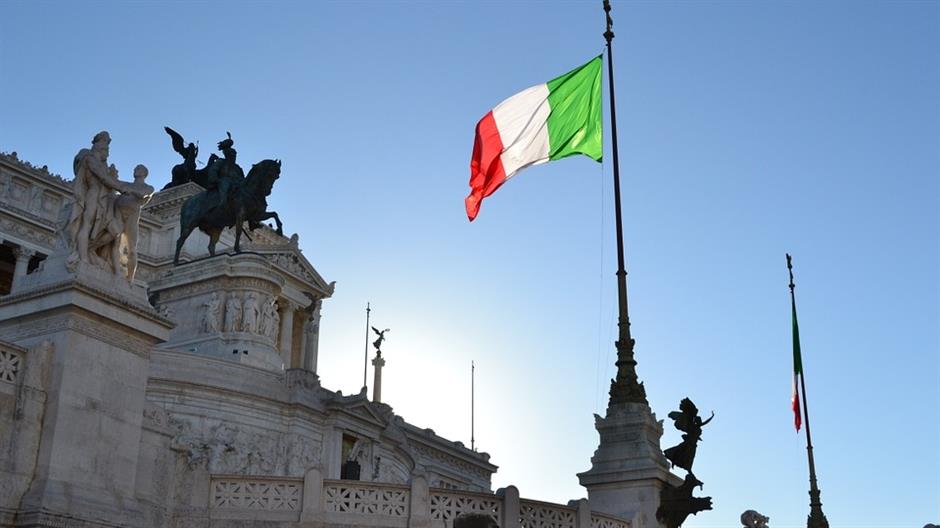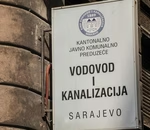
Italy may be about to formally endorse China's Belt and Road Initiative, becoming the largest economy yet to back the massive global infrastructure project which is a signature policy of President Xi Jinping.
According to multiple reports, the Italian government could sign a memorandum of understanding within weeks, in hopes of attracting greater Chinese investment in its struggling economy.
If it signs the agreement with Beijing, Italy would be the first member of the G7 group of advanced economies to officially back the initiative, with the US, Japan and the UK all reluctant to come on board.
Michele Geraci, an official in Italy's economic development ministry, told the Financial Times the deal would hopefully be done in time for Xi's visit to the country in March. Italian media also reported on the plan.
"We want to make sure that 'Made in Italy' products can have more success in terms of export volume to China, which is the fastest-growing market in the world," Geraci said.
The possible announcement comes amid a growing international backlash against Beijing's global ambitions, including bans on Chinese technology giant Huawei and a heated trade war with the United States.
The Chinese leader is expected to visit Italy at the end of this month before heading to France and ultimately the US, where he will meet with President Donald Trump as the two countries try to hash out an agreement on tariffs.
The Belt and Road Initiative is a huge trade and infrastructure project which seeks to link China to Europe, Africa and Asia through a series of new Beijing-funded ports, railroads and roads along land and sea trade corridors.
Neighbouring economic power India has been reluctant to sign up to the initiative, but some regional partners such as Pakistan and Malaysia have enthusiastically joined in, along with dozens of other countries.
But critics, especially the US government, have claimed Belt and Road projects impose massive debt on developing countries for little economic benefit. There are even suggestions China is using the project to extend its military and political reach overseas.
The announcement of Italy's participation would be welcome news for Beijing at a time when even some Belt and Road member nations, such as Malaysia, have begun to question the benefits of its projects.
Italy's decision would also coincide with a debate in Europe over the role Chinese technology company Huawei should play in the rollout of new superfast 5G networks. Governments including the UK and Germany are weighing whether to block mobile operators from using Huawei technology.
According to state-run news agency Xinhua, recession-hit Italy formed a China Task Force in October to investigate economic opportunities in China including the possibility of endorsing the initiative.
China's ambassador to Italy, Li Ruiyi, attended the first meeting of the task force in Italy and spoke positively about bilateral relations.
"Italy and China were linked by the ancient Silk Road in the past. We expect the Task Force to help strengthen the two countries' cooperation under the Belt and Road Initiative and contributing to a closer EU-China relationship," Li said.
Asked about the possible announcement, Chinese Foreign Ministry spokesman Lu Kang told reporters Wednesday "an increasing number of countries and international organisations" wanted to take part.
"More and more of them have found this is indeed a very good platform for mutually beneficial cooperation since the Belt and Road was proposed six years ago. And we will release any information about this in time once we have it," he said.
Kakvo je tvoje mišljenje o ovome?
Učestvuj u diskusiji ili pročitaj komentare





 Srbija
Srbija
 Hrvatska
Hrvatska
 Slovenija
Slovenija



























































